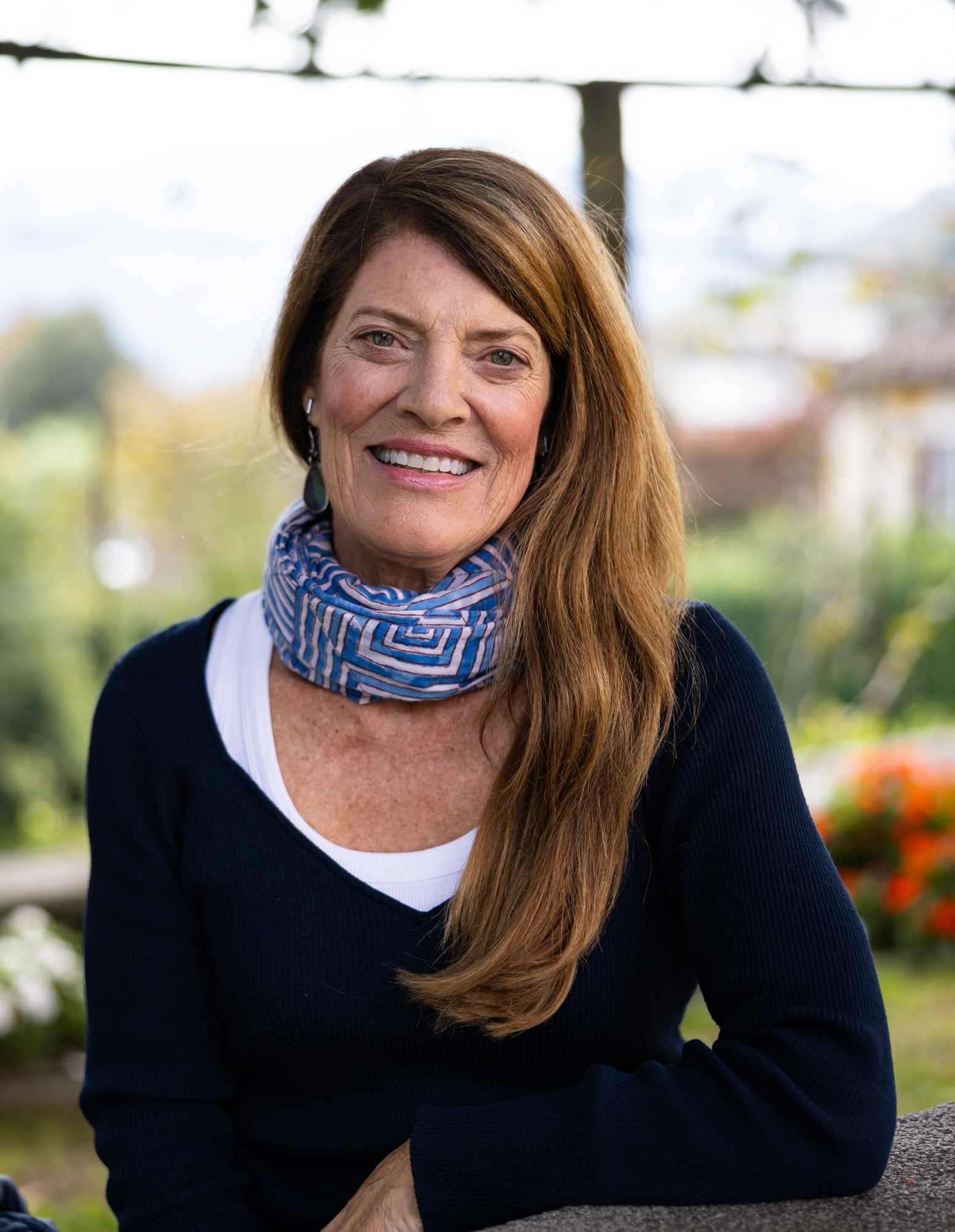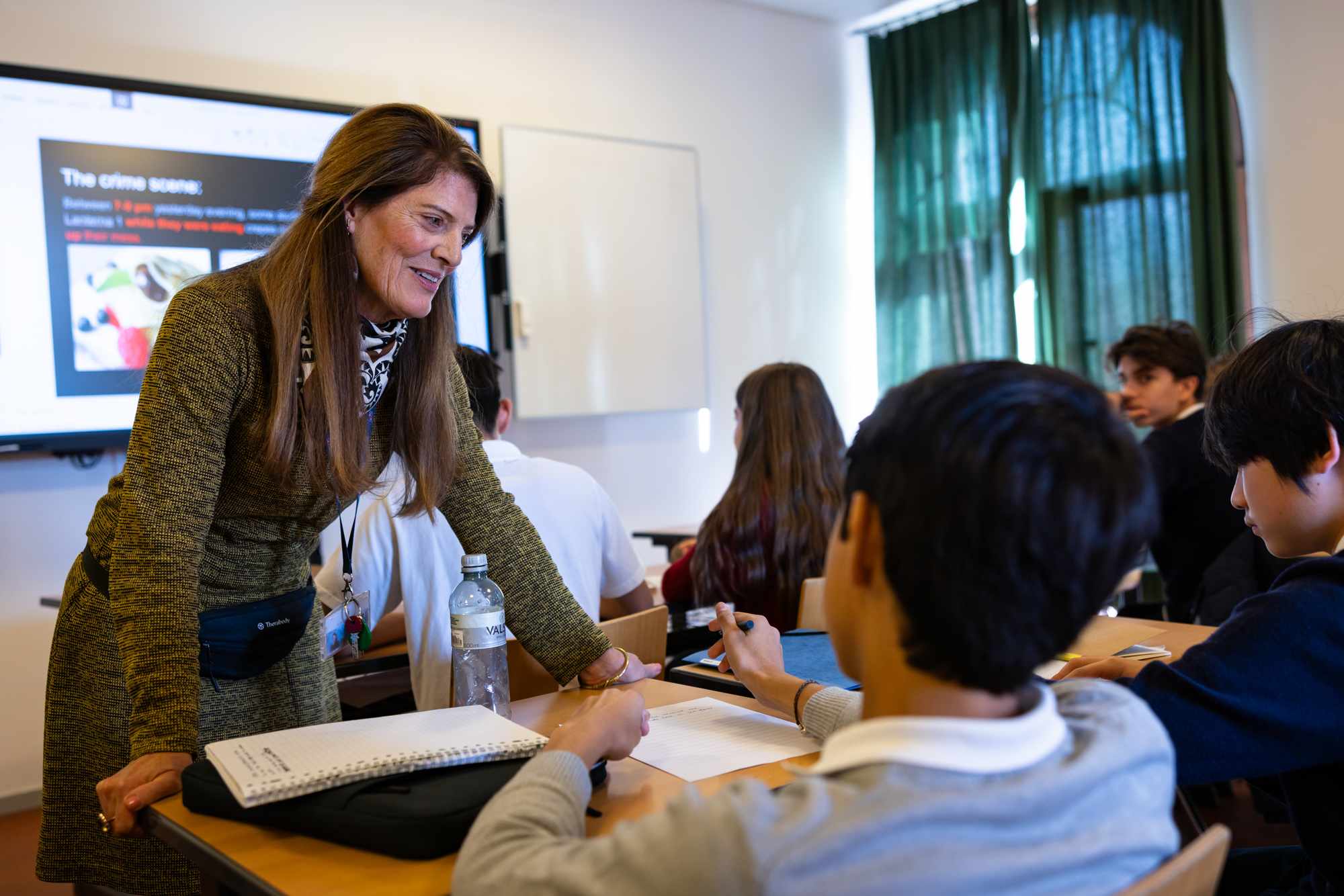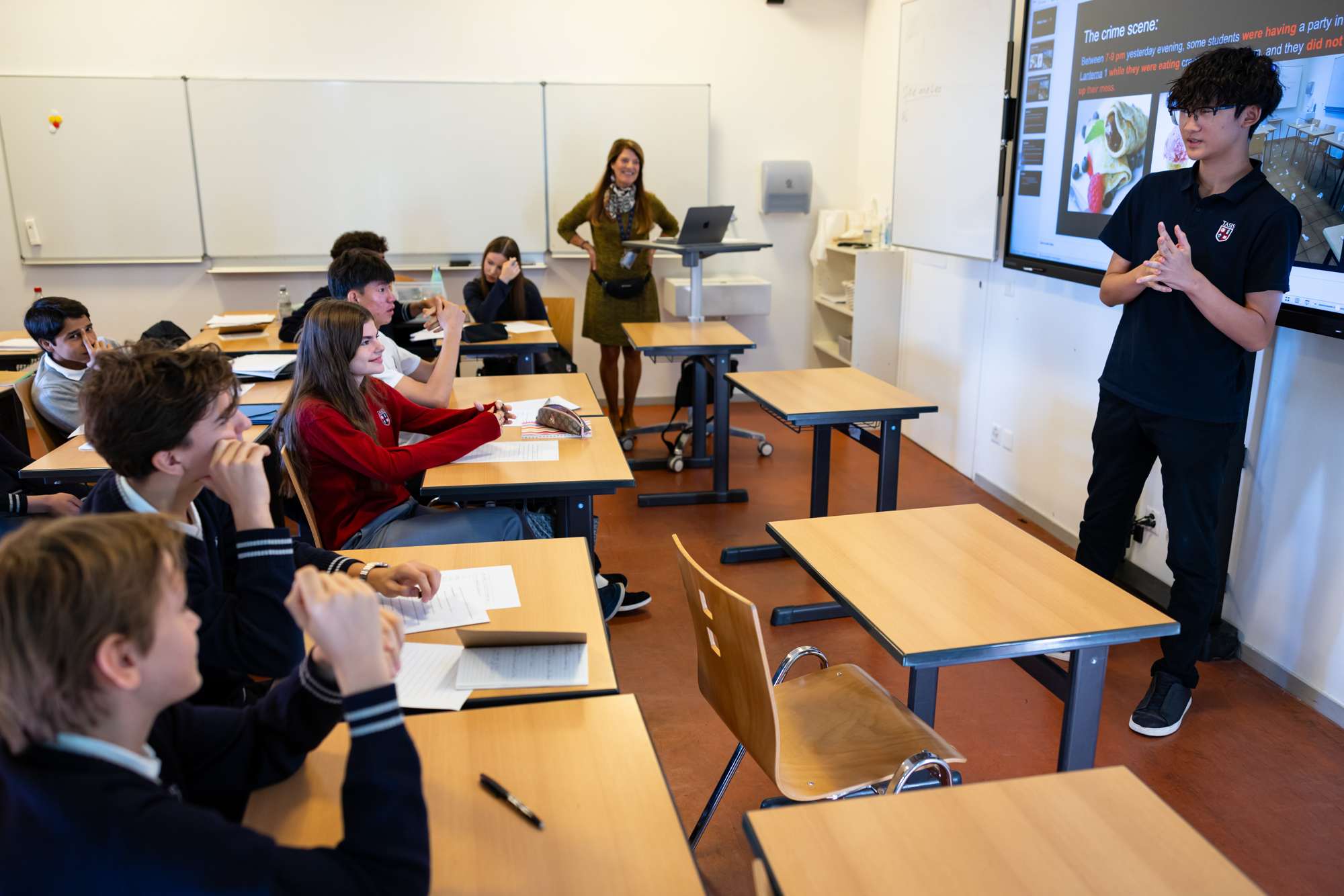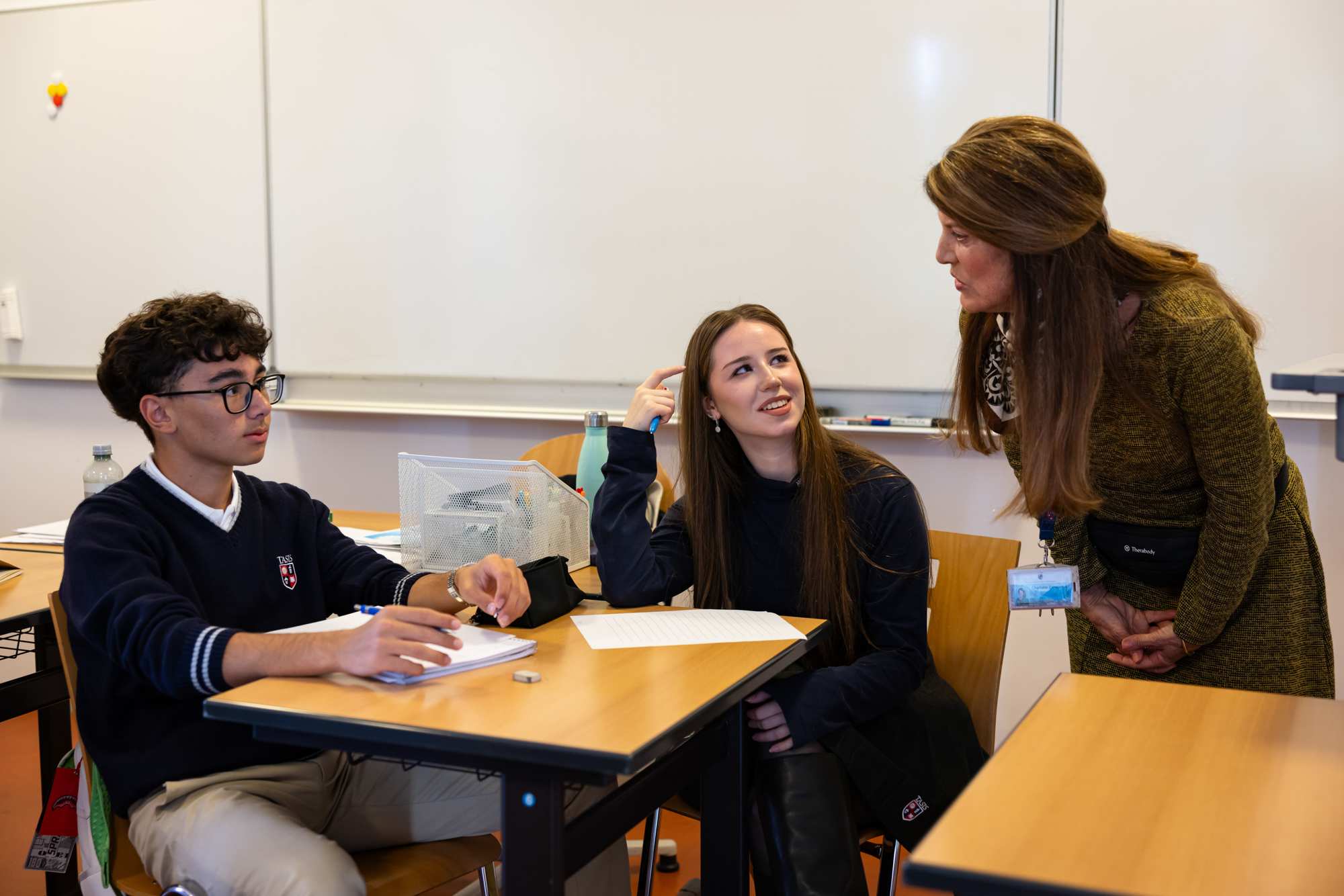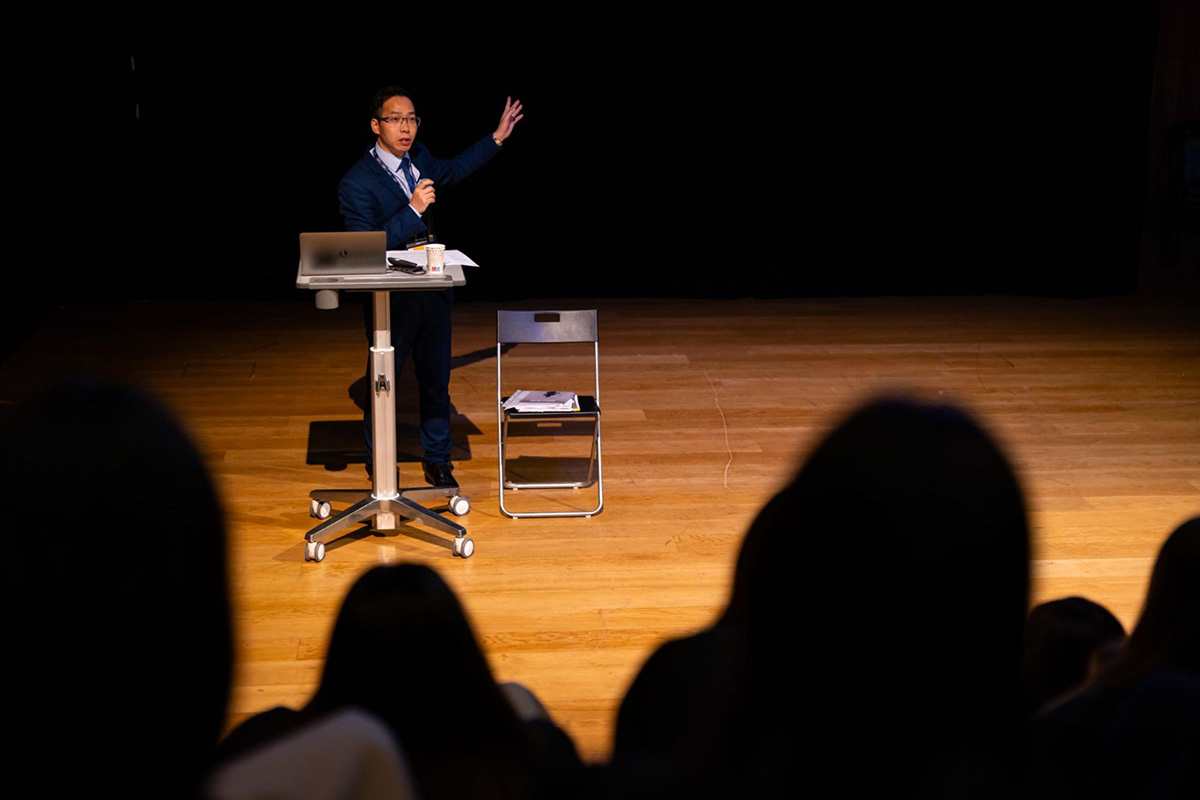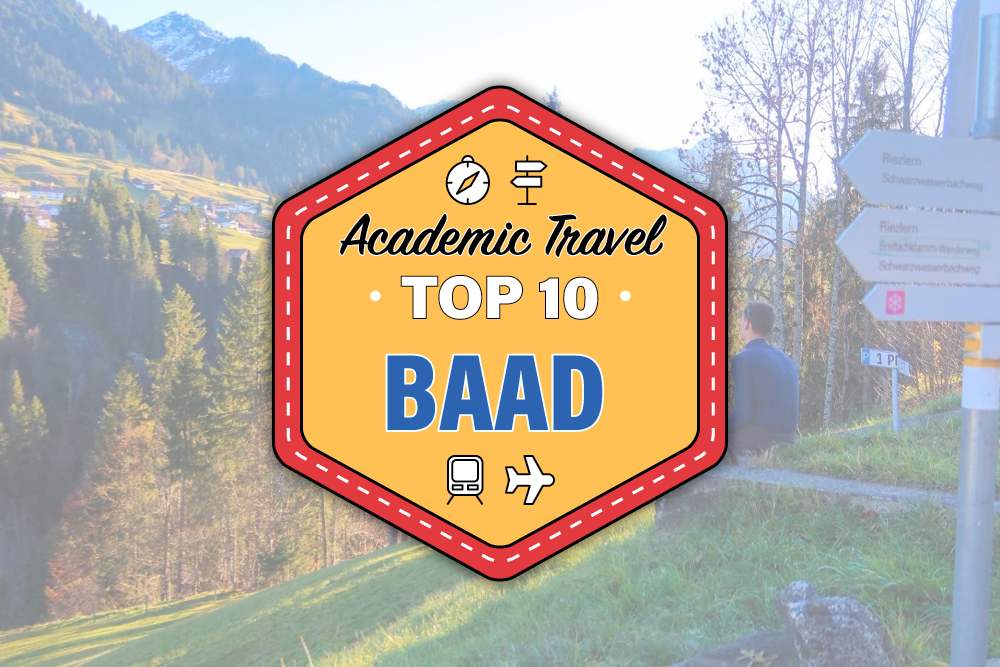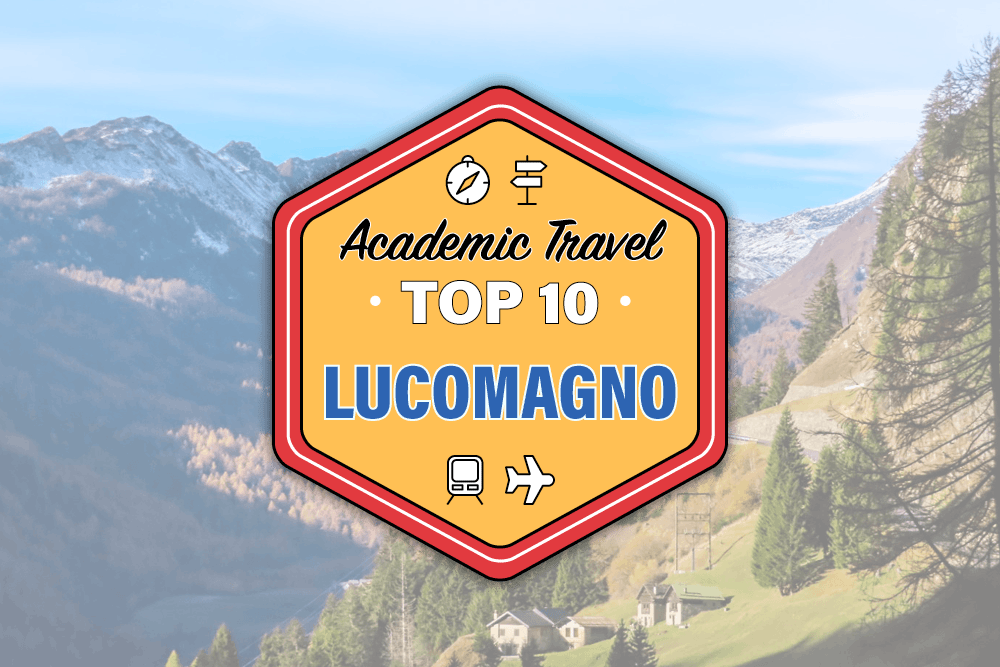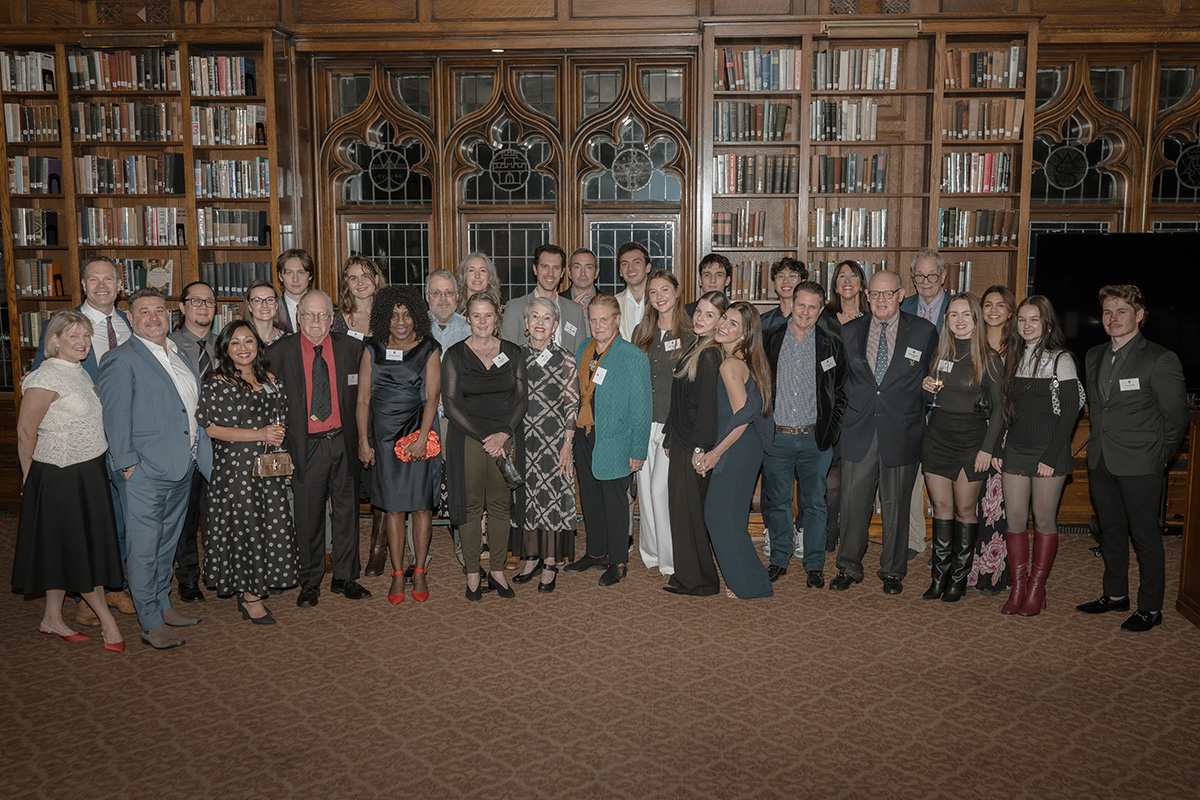Charlotte Zanecchia's profound connection to TASIS spans generations, beginning in 1966 when her cousin attended as a postgraduate student on her father's recommendation. Her direct involvement commenced in 1998 after relocating from Massachusetts to Collina d'Oro with her family. Initially a devoted supporter of the school's arts programs, her children's enrollment in 2001 marked a transformative period, reconnecting the family with American culture while immersed in Switzerland. Zanecchia's professional journey at the institution evolved significantly, starting with teaching English to unemployed adults for the Swiss government while simultaneously helping launch the Elementary School. She served as president of the TASIS Parent Association from 2001 to 2005 before joining the faculty in 2006 as a homeroom teacher during the pioneer year of the Elementary School. Over eight years, she developed the K–5 EAL program and later headed the Reading Program. In 2015, she transitioned to the Learning Resource Center as an administrative assistant across all divisions before moving to the High School in 2016, where she currently teaches English Grammar and Composition to 9th and 10th graders. By April 2026, she will have completed 20 years of teaching at the school, though her family's overall involvement extends across six decades. Zanecchia's educational background reflects a diverse academic journey, beginning with Fine Arts at Ohio Wesleyan University in 1976 and including studies at Harvard's Fine Arts and Landscape Architecture Summer School. She transferred to the University of Oregon in 1978, combining Fine Arts with Cartography and Environmental Sciences before graduating in 1980. Her professional experiences prior to TASIS included working as a cartographer for Rand McNally and Accord Engineering while establishing her own business, New Design, as an independent cartographer serving private and governmental clients. Before moving to Switzerland, she taught at a Waldorf School in Massachusetts while raising her four sons and was among the early founders of one of the world's first Community Supported Agriculture projects.
Zanecchia's teaching philosophy is deeply rooted in early life experiences shaped by her father's principle of empathy after her mother's passing. Growing up surrounded by culturally diverse caregivers and welcoming intergenerational refugees instilled the importance of equal rights, respect for differences, and creating safe learning environments. In her classroom, she promotes these values while emphasizing a sense of urgency—something she learned firsthand while navigating Italian as a newcomer to Switzerland with four teenage sons. What she values most about teaching at TASIS is its embodiment as a microcosm of the world—culturally rich, diverse, respectful, and safe with lifelong learning at its core. She genuinely believes the institution represents what the world could and should be, describing it as one of the world's best hopes for peace. This conviction has led her to encourage both her children and grandchildren to join the community, with ten family members currently on campus including five grandchildren. Memorable experiences with students prominently feature Academic Travel, particularly a 2018 Venice trip during a historic 100-year flood where students balanced on planks above flooded streets and stood in hotel lobbies with chefs cooking in water. Another standout memory involves leading eight Chinese EAL students on an Outward Bound trip, where their resilience and cheerful demeanor reminded her of hiking with her Chinese sister-in-law in Kunming. Regarding potential retirement, Zanecchia emphasizes that as long as she and her husband remain healthy, they hope to continue working, believing that maintaining a sense of purpose is essential for staying curious and young at heart. She values the extraordinary camaraderie at TASIS, particularly watching students from countries with conflicting governments become close friends through shared language and cultural understanding. The deeply emotional experience of seeing Kindergarten students she taught walk across the stage as graduating 12th graders remains among her most cherished aspects of the profession.

